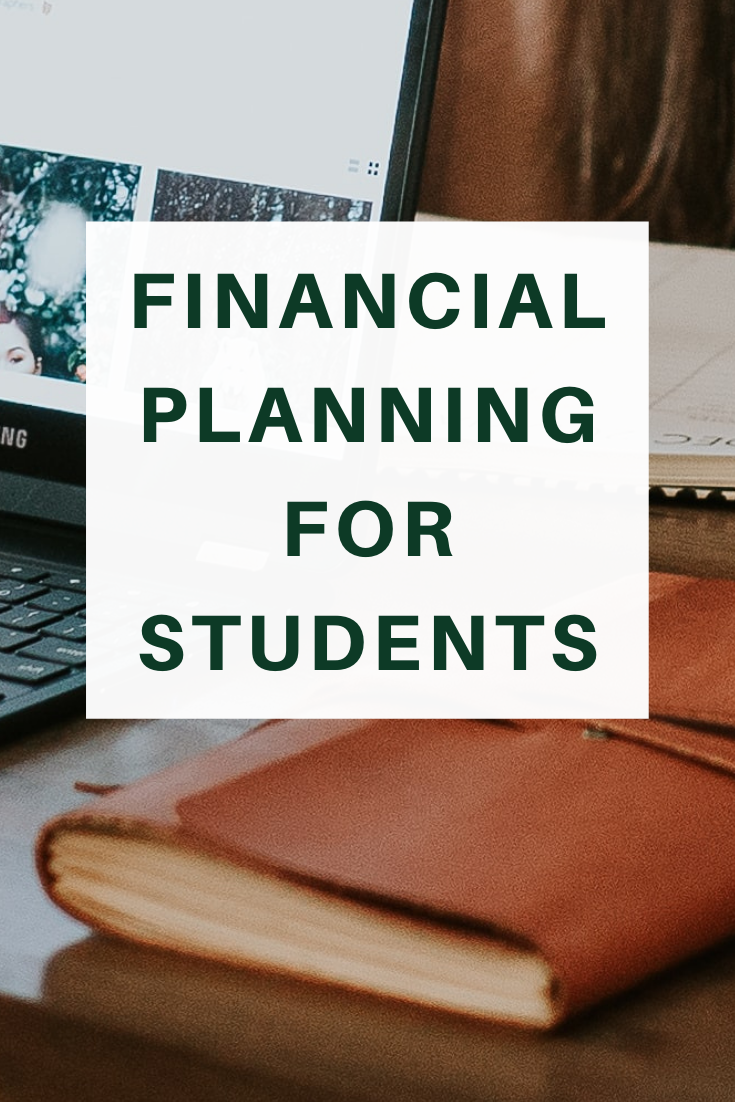If you are planning to go to university, or are the parent of a potential or soon-to-be uni student, here are some useful financial planning tips for students…
Find Affordable Accommodation
One of the big outlays as a student is your accommodation; you need somewhere to live that gives you the best conditions to study in, comfortable and quiet, at a price you can afford. If possible, living at home is the best way to obtain this, but it isn’t always possible.
Many students have to move to major university cities in the UK to pursue their subjects on the career path. This poses the problem of where they can affordably live. Luckily, AXO has excellent student accommodation in all of these major towns so you won’t have to search for too long.
Avoid Borrowing
When you qualify for loans as a student it can be hard to turn the money down. These loans tend to be low or zero interest while you’re a student and you can always do with a little extra money here and there.
Think about this carefully. Borrowing money requires a level of discipline you may not be ready for, and the last thing you want is to finish your degree with any more debt than is absolutely necessary. Account for everything that allows you to comfortably live and study, that’s all you need.
Make a Payback Plan
Of course, it makes sense to pare down your life as a student and only work if you have to; especially since you will need extra time to read, write, and research.
A part-time job may be necessary in order to pay for student life, so borrowing money might be a better option than working part-time. Therefore, keeping track of these things in a journal will prevent you from falling into harmful debt, and you can use a student loan payment calculator to plan your payments.
If you do need to borrow though, like a zero-interest student loan for example, at least make sure you have considered carefully the payback plan. You could use a student loans calculator like the one on SoFi to work out how much and long it will take to pay off your loan.
When you organise your finances, think about today and tomorrow. Consider if your lifestyle is sustainable, and what are your earning expectations when you finish your studies. It’s worth having a strong grasp of these things and tracking them in a journal so you don’t slide into harmful debt.

Think big
Some students know exactly why they study; their studies are vocational and will result in a job in a target field after they throw their hats into the air. Others don’t have this clear direction; they follow their academic interest and capabilities, and go to university to learn and grow.
If you’re the latter you may have less of an idea of your earning potential when you leave, so it’s even more important that you keep track of your finances and research possible futures for yourself. It might feel like your student days will last forever, but that’s not reality and you need to plan for a future beyond that.
Stick to a Budget
Whether you’re a university student or not, it’s excellent practice to create a budget that’s realistic and manageable. Without a budget, you are in danger of overspending on desirables or on nights out. Learning the discipline of keeping to a budget plan is one of the key life lessons you should learn as a student.
These days, budgets are super simple to create, and there are plenty of apps on the market to help out. Most of them will require a short period of budget tracking to put you in the right place. This will help you to narrow your spending and improve your money management skills.
Do you have any other advice to assist financial planning for students?
*This is a collaborative post

